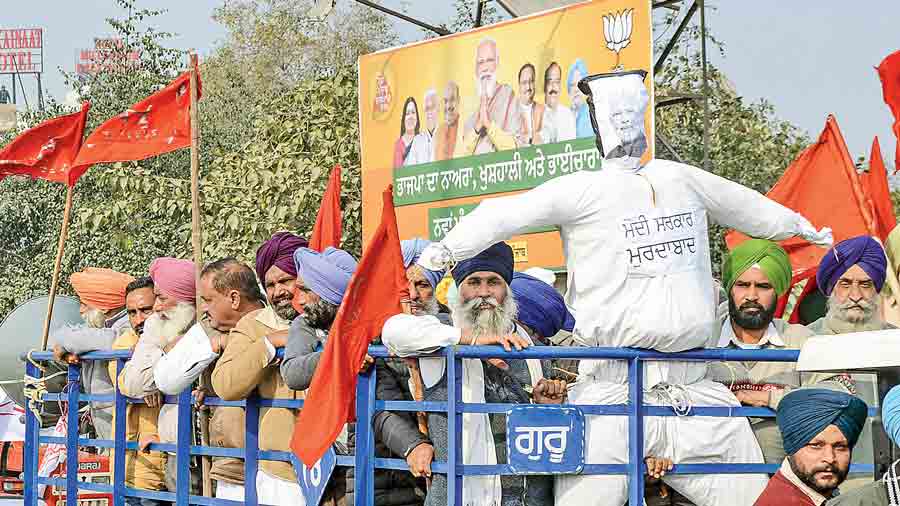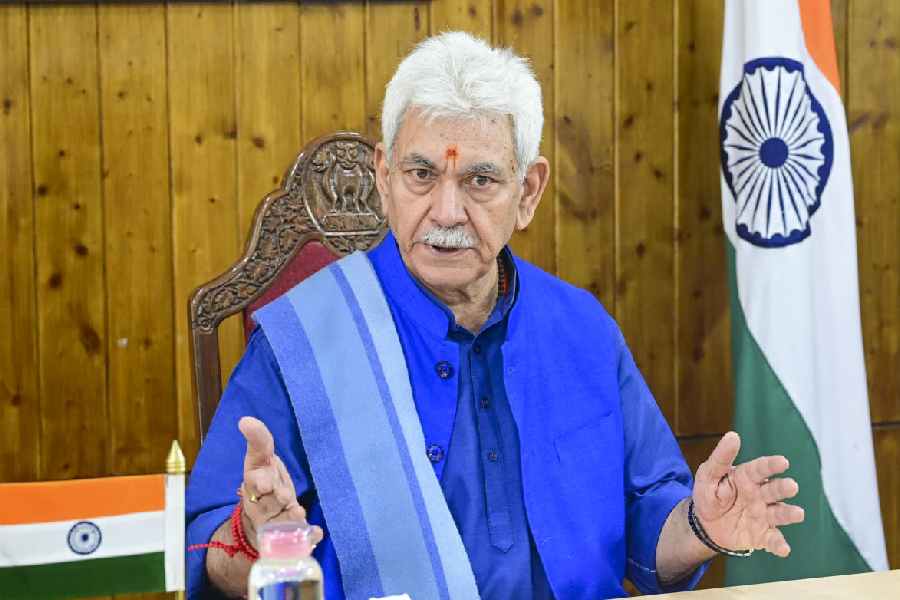An English literature teacher at a Delhi college has quit her job to take the plunge into politics after being part of the farmers’ movement and is contesting the Punjab Assembly polls on a Sanyukt Samaj Morcha (SSM) ticket.
The SSM, headed by Balbir Singh Rajewal, is a political front launched by 22 farmer unions in December 2021 for the February 20 elections to the 117-member Punjab Assembly.
The SSM has fielded candidates from varied backgrounds, including agriculturists, activists, teachers and doctors.
Anuroop Kaur Sandhu, who used to teach English literature as an assistant professor at Shri Guru Tegh Bahadur Khalsa College affiliated to Delhi University, said that following her association with the farmers’ movement, she applied for a ticket from Muktsar when the SSM was floated and was selected.
She is actively campaigning in the Assembly constituency. During the farmers’ protest against the Centre’s now-repealed farm laws, Sandhu got in touch with the Samyukta Kisan Morcha, which spearheaded the movement, and visited the protest sites at Delhi’s borders. She helped create awareness about the agitation on social media.
“I have been deeply attached to the farmers’ cause and was concerned about the fact that because of traditional parties they had to sit on roads for more than a year and many even lost their lives. I decided to contest so that I could raise their voice more effectively,” Sandhu said.
Asked whether she would have contested the elections if the SSM had not been floated, Sandhu said: “I would have only contested if there was a farmers’ party or a workers’ party.”
Sandhu, who is pursuing MPhil in comparative Indian literature from DU, compiled a list of farmers who died during the agitation in her blog “Human Cost of Farmers Protest”.
“For long, I had been looking at how Punjab was being destroyed by drug abuse and other burning issues prevalent here. But all these traditional parties are the same, they don’t want people to know what the issue is. If anyone of them wins, they will not bring change. Their factories, businesses are still going to be there,” she said.
“A lot of villages that I visited during campaigning remember my grandfather or my father. I was in a
village and the place where I was giving a speech, a woman came out and said someone from that village was married to my great-grandfather. That’s how people connect to you in villages and I think that helps a lot,” Sandhu said.









